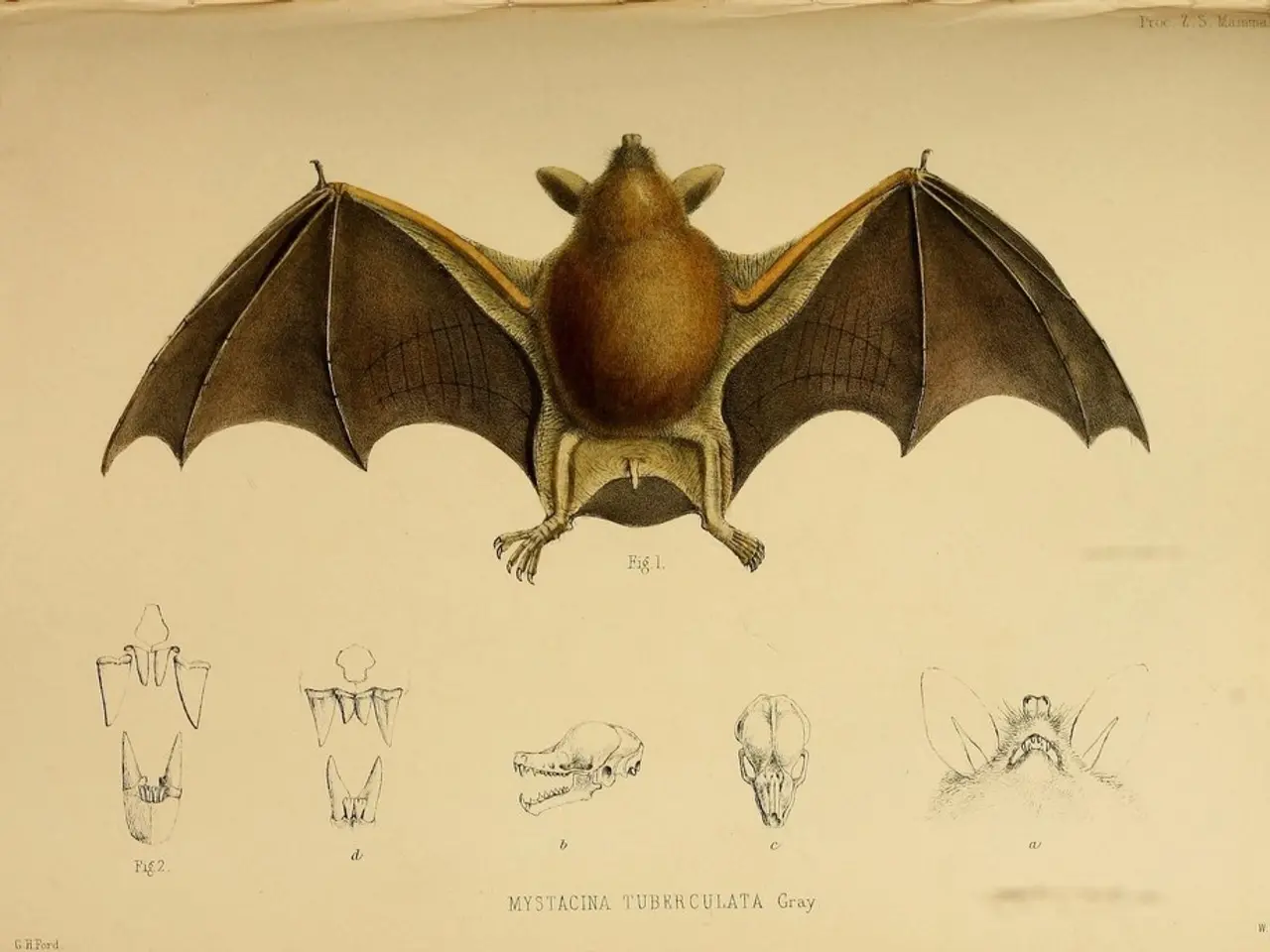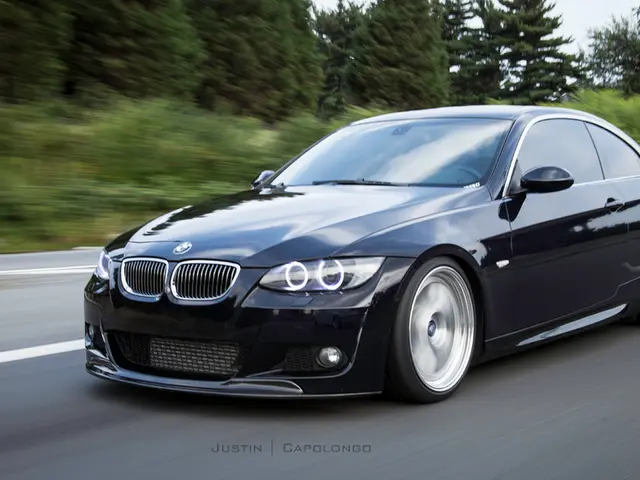Revolutionary Electric Vehicle Battery Enables Journeys of 500 Miles in just 12 Minutes of Recharging
In the ever-evolving world of electric vehicles (EVs), one company is promising a game-changer: Lucid Motors, a U.S.-based electric car manufacturer, is developing a lithium-metal battery that could offer a 500-mile range and charging times as short as 12 minutes. However, scientists are currently grappling with a significant challenge: preventing dendrites, a crystalline substance, from forming on the lithium anode during the charging phase. These dendrites can degrade the battery's performance over time.
Lithium-ion batteries, the standard for EVs due to their high energy density and long lifespan, are currently facing limitations when it comes to achieving faster charging times and increased range. Heat and material limitations are the primary culprits. To address this issue, scientists are proposing innovative solutions. For instance, researchers at MIT are suggesting the replacement of the traditional liquid electrolyte with an ultra-thin layer of solid ceramic material to prevent dendrite formation in lithium-metal batteries. Similarly, scientists in Korea have recently made a breakthrough, claiming to provide EVs with 500 miles of range and 12-minute charging times.
The new lithium-metal battery design involves replacing the graphite anode with lithium metal, which increases the energy density and offers potential for improved range and faster charging times. However, the challenge lies in preventing dendrite formation on the lithium anode, as these crystals can worsen significantly the quicker you charge the battery and can even increase the risk of the battery short-circuiting, causing a fire.
Despite these advancements, a significant number of motorists remain undecided about switching to EVs due to concerns about range and charging times. To spur adoption, the industry needs to have products that meet consumer demands and wants at prices that are affordable, according to Brent Gruber, Executive of the EV practice at J.D. Power. In the meantime, plug-in hybrid vehicles have become a popular solution, offering electric power for daily commutes and the ability to road trip using the internal combustion engine.
Matt Crisara, a native Austinite with a passion for cars and motorsports, is a journalist who enjoys sim-racing, FPV drones, and the great outdoors. He has previously worked as a contributing writer for Motor1 and interned at Circuit Of The Americas F1 Track and Speed City. In this ever-changing landscape of EV technology, Crisara's insights and reports continue to shed light on the industry's latest developments and challenges.
In conclusion, the race for longer range and faster charging in EVs is on, with lithium-metal batteries offering a promising solution. However, overcoming the challenges posed by dendrite formation is crucial for this technology to reach its full potential. As the industry continues to innovate, we can look forward to a future where EVs provide the convenience and performance that consumers demand.








